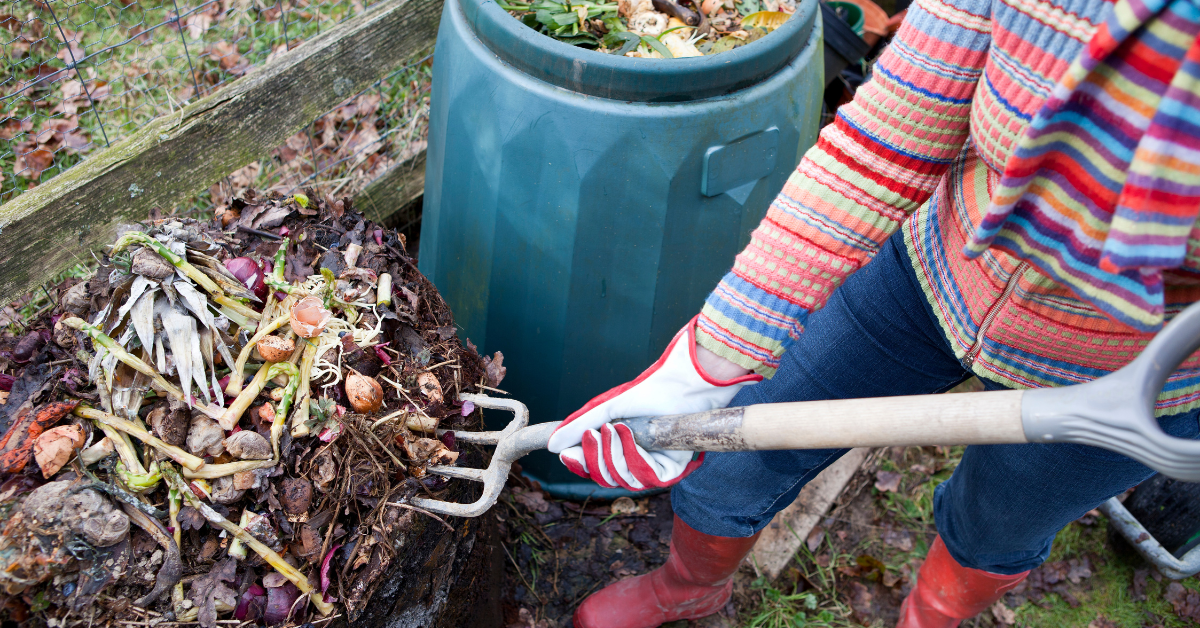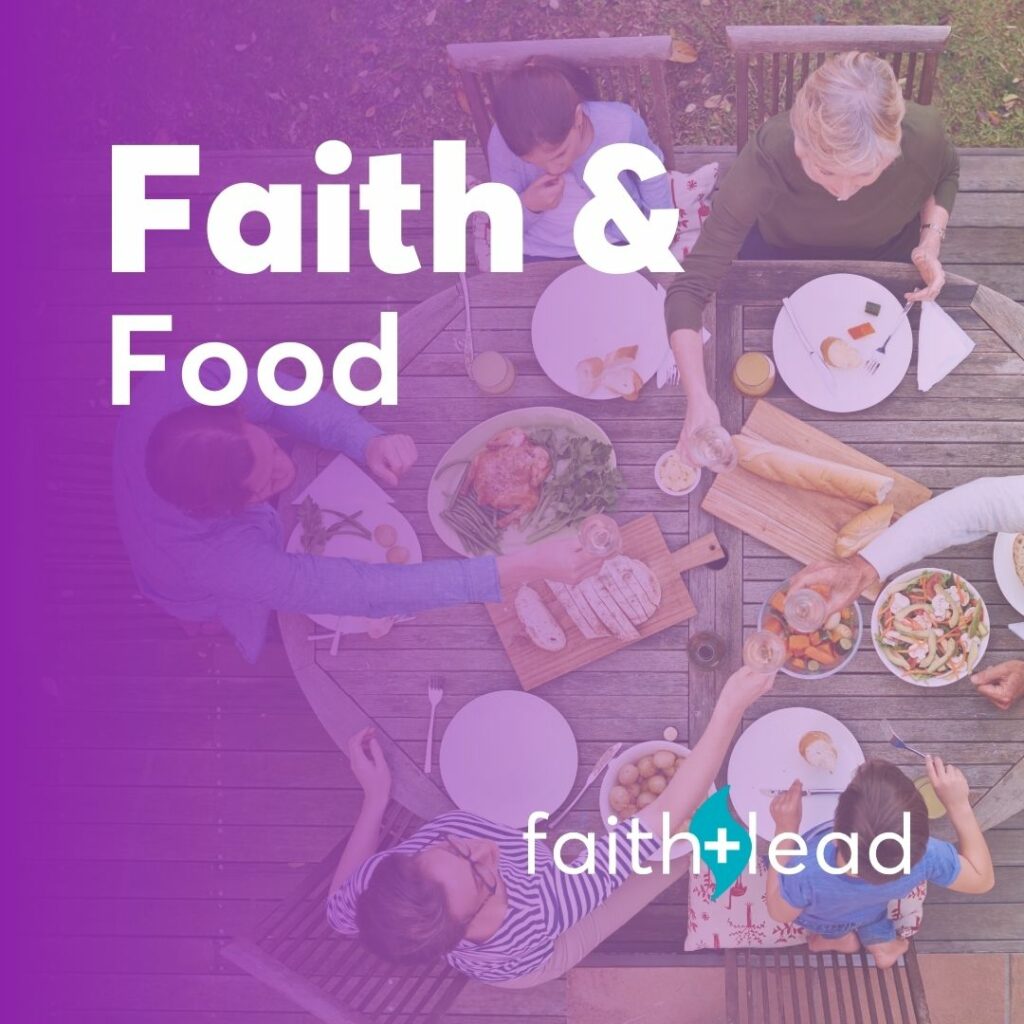Creating connections has been foundational for my personal life and throughout my ministry—in a congregation, on a campus, in a hospital, and through Lutherans Restoring Creation. Creation has been my greatest teacher as I continue to learn about the interconnectedness of everything.
For several years at Bethany College, a professor colleague and I took our first-year student seminar classes to The Land Institute nearby for an overnight camping trip. The trip was filled with opportunities to create connections with one another and Creation—time outdoors free from screens and technology, conversations around the campfire with s’mores, and a service-learning project.
I vividly remember the students’ delight and wonder growing, even after some initial hesitation—no phones? sleeping in tents outside? cooking over a fire? I remember Steven who had to use his phone to call his parents as he picked apples and dug potatoes for the first time. Orlando was astounded that pickles came from cucumbers growing in the garden, not just jars at the grocery store. Julia had never seen so many stars before in her life. A new world was opening for all of us as we created connections to one another, the college experience, and Creation.
Creation and its fruits—especially the food we eat—are deep connectors to our faith and spiritual journeys. Food intersects with issues of justice, hunger, poverty, health, climate change, and consumption. It ignites our imagination and wonder for how we might love more faithfully by the choices we make in what we eat and how we live.
Food impacts that move me
According to Project Drawdown, approximately 24% of global greenhouse gas emissions are caused by food related activity—agriculture and production, waste, soil degradation, ecosystem destruction, and consumption patterns. While at first that might seem overwhelming, food is one of the areas in which we can begin to reduce our emissions immediately by the choices we make and the systemic change for which we advocate.
About a third of the food that is produced in the world is wasted—that is, what is grown doesn’t make it to consumers or is thrown away. Think about all the wasted energy, water, and land use; the needless carbon and landfill emissions; and wasted food that doesn’t reach those who are hungry and food insecure.
As people of faith who are consumers, our actions are important. Composting, consuming the “not so perfect” produce, eating what we purchase, limiting what we throw away—all of these can contribute to healthier ecosystems and environments. Nature knows how to use every bit of what is created, and nothing is wasted. Carbon is converted into oxygen by trees. Dead leaves decompose in the Earth to nourish plants. Animal poop becomes fertilizer. As a part of nature, we remember that we are dust, and to dust we shall return. Nature is our best teacher in life between dust, so that nothing need go to waste, and no one needlessly goes hungry.
Maybe your next potluck dinner, holiday meals, or even the coffee hour on Sunday can be used to educate folks about food waste and hunger. How might we inspire (not guilt) people to make more informed and mindful choices? What happens to the leftovers from those events? Are there homebound members or neighbors that might enjoy a plate of food to connect them with the community? Check out Misfits Market for more ideas.
Individual choices are just the beginning
Making individual choices about limiting waste is just the beginning. Larger issues of production systems and industrial agriculture present a broader challenge. As in all of life, everything is interconnected, and there is no single answer to solve our issues of ecosystem destruction, soil degradation, crop yields for increasing population, water usage, and so much more.
I find it helpful to talk to farmers about these issues—farmers with faith that is deeply rooted in their connection to the land and stewardship of the soil. I’ve learned so much from them about cover crops, regenerative agriculture, no-till farming, and their concerns about how to feed the hungry as the world population expands. They often feel caught in systems of production over which they have no control. And smaller family farmers have increasing challenges to survive financially.
Again, our choices as people of faith can come into play. We can get to know our local farmers and help support them by buying their produce. Food that doesn’t have to travel hundreds of miles is much better for Creation—including all of us. Who is limiting their use of pesticides and water? How about purchasing bread and wine for Holy Communion that is made from the grain of local farmers and the grapes of nearby vineyards? Or advocating for more just food policies? Interfaith Power and Light helps us put our faith into action.
Where are the local Farmers Markets in your community? Do you have a Community Supported Agriculture nearby? Learn more at Local Harvest. Perhaps your faith community can purchase a share or two for the local food bank, neighbors of the church, or members who would benefit from fresh produce. Are you located in a food desert or know of those who are? How can you support those who struggle to purchase fresh food, when processed food is so much more accessible and affordable?
Is a Community Garden on your property or in your neighborhood a possibility? Check out this World Hunger guide. I know of one congregation that began with a Blessing Box, which then connected to their garden to provide fresh produce, which then became a local food pantry. There are so many opportunities for us to put our faith into action for accessible, healthy, and abundant food for all God’s children.
Eating lower on the food chain—more plant-based diets—is another way to lower our contributions to greenhouse gas emissions. At the same time, we honor our local rancher friends who are raising livestock in more Earth-friendly ways by purchasing directly from them when we do eat meat. It’s not an all or nothing endeavor. It’s about making mindful choices grounded in relationships with one another and the interconnections of Earth.
Food justice
As we can see, food is a justice issue for us as people of faith. In addition, overconsumption by some directly affects the ability of others to eat at all. Drought that is taking the lives of so many in parts of Africa is directly affected by our contributions to global warming and climate change in the U.S. due to our consumptive lifestyles. Countries who have contributed the least to rising global temperatures are suffering the most.
This is not to lay a heavy load of guilt upon us. It is to acknowledge where things stand and empower us to make different choices for the life and health of all God’s children. Educating ourselves and those in our communities of faith is an important step in inspiring our faith journeys for more sustainable choices about food and justice.
Food for thought
Food is foundational for life. The tables we share—in our homes, in our congregations and faith communities, at the Eucharist—can host the conversations for changes and choices that deepen our faith and address the issues of a world in need. Food can transform our lives of faith in so many ways – our connection with all creatures and habitats, our efforts for justice, our advocacy to address the warming climate. This is just the beginning, food for thought, for how our communities of faith can respond.
We pray: Come, Lord Jesus, be our guest, and let these gifts to us be blessed. And may there be an ample share on every table everywhere, as Earth renews and shapes our care. Amen.




